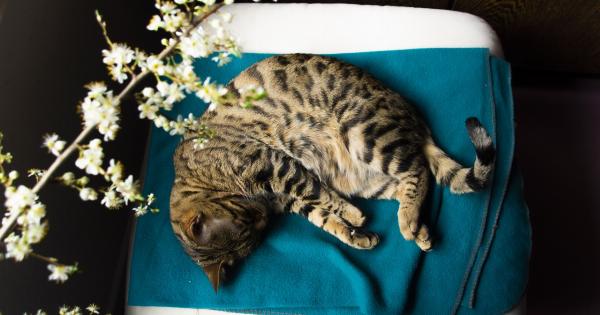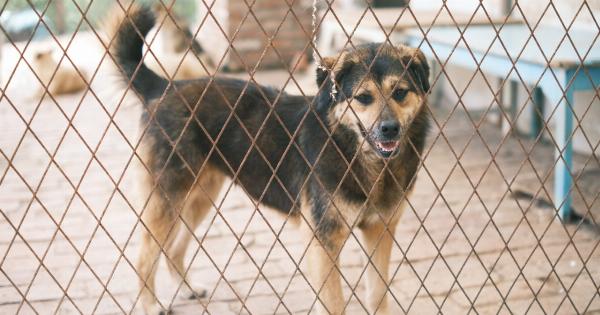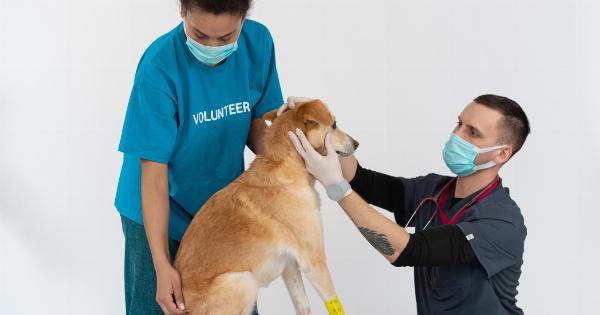Campies are small parasitic creatures that feed on the blood of animals, including our furry friends. They are known by different names, such as ticks, lice, fleas or mites.
They are a danger to our beloved pets as they can transmit diseases, cause allergies and even lead to death in severe cases.
What are the common types of Campies?
There are several types of Campies that can infect our pets with various types of diseases. Here are some common types and the diseases they carry:.
Ticks
Ticks are external parasites that feed on the blood of animals and humans. They can transmit many diseases such as Lyme disease, Rocky Mountain spotted fever and Ehrlichiosis.
Lyme disease is a bacterial infection that can cause joint pain, fever, lethargy and loss of appetite.
Fleas
Fleas are wingless insects that feed on the blood of animals and humans. They can cause skin irritation, allergies, and transmit tapeworms. Flea bites can cause itching, hair loss and infection.
Pet owners should take preventive measures to protect their pets from flea infestations.
Lice
Lice are small, wingless insects that live on the skin of animals and humans. They can cause skin irritation, hair loss, anemia and transmit diseases such as typhus and trench fever. These diseases can be fatal in some cases.
Mites
Mites are small arthropods that live on the skin or in the ears of animals. They can cause skin irritation, hair loss, infections, and transmit diseases such as mange and ear infections.
Mange is a skin disease caused by mites that can cause itching, scratching and scabbing.
What are the symptoms of Campies infestations?
The symptoms of Campies infestations may vary depending on the type of Campie and the severity of the infestation. However, some common symptoms of Campies infestations are:.
- Skin irritation and itching
- Presence of rashes or bumps on the skin
- Hair loss or bald spots
- Fever and lethargy
- Pale gums and anemia
- Loss of appetite and weight loss
- Coughing and sneezing
- Scratching or shaking of the head
How to protect your furry friends from Campies?
Pet owners should take preventive measures to protect their furry friends from Campies infestations. Here are some tips to protect your pets from Campies:.
- Check your pets regularly for signs of Campies infestations.
- Use preventive treatments such as flea collars, spot-on medications, and shampoos.
- Vacuum your home regularly and disinfect pet bedding.
- Keep your environment clean and tidy.
- Don’t let your pets roam outside in areas known to be infested with ticks or fleas.
- Take your pets to the veterinarian for regular checkups and vaccinations.
- Never use human medications on your pets without consulting with a veterinarian.
When to seek veterinary care?
If your pet shows signs of Campies infestations, you should seek veterinary care immediately. The veterinarian will examine your pet and diagnose the problem. They will prescribe medications, shampoos or other treatments to treat the infestation.
In some cases, your pet may need hospitalization for more severe infestations.
Conclusion
Campies are a danger to our furry friends, but with preventive measures and timely veterinary care, you can protect your pets from infestations. Always keep an eye on your pets for signs of infestations, and seek veterinary care when necessary.































